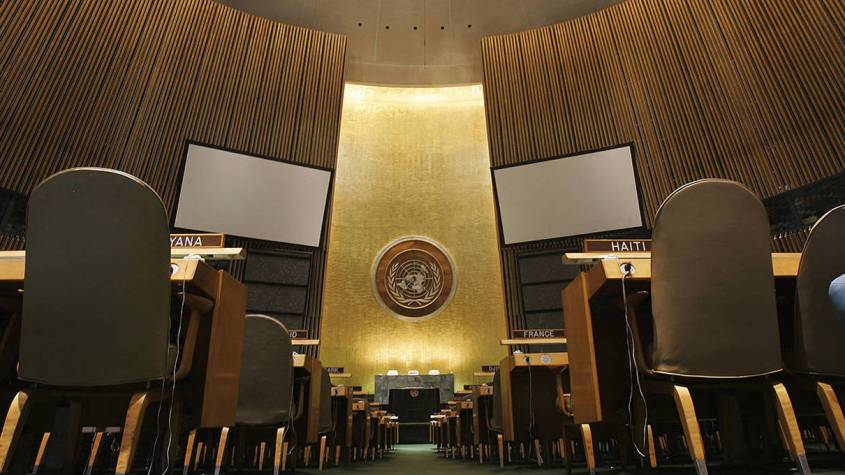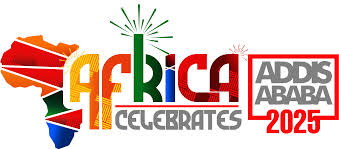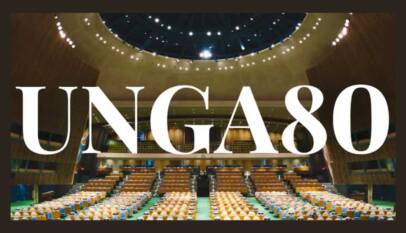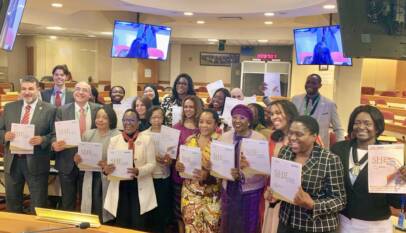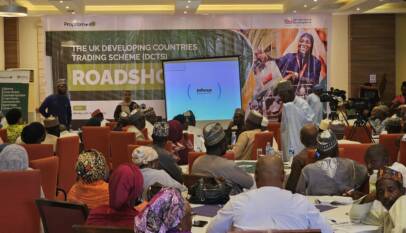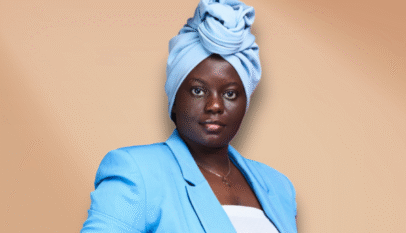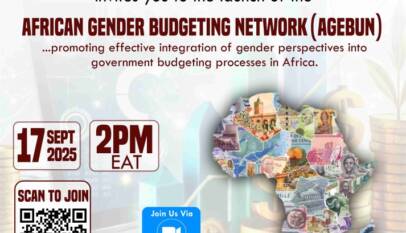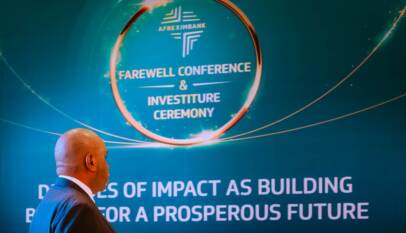OP-ED | UN@80: A Crucial Opportunity for Renewal, By Michelle Ndiaye & Desire Assogbavi
As the United Nations (UN) marks its 80th anniversary, the world faces a defining choice: renew the institution for today’s challenges or risk its slide into irrelevance.
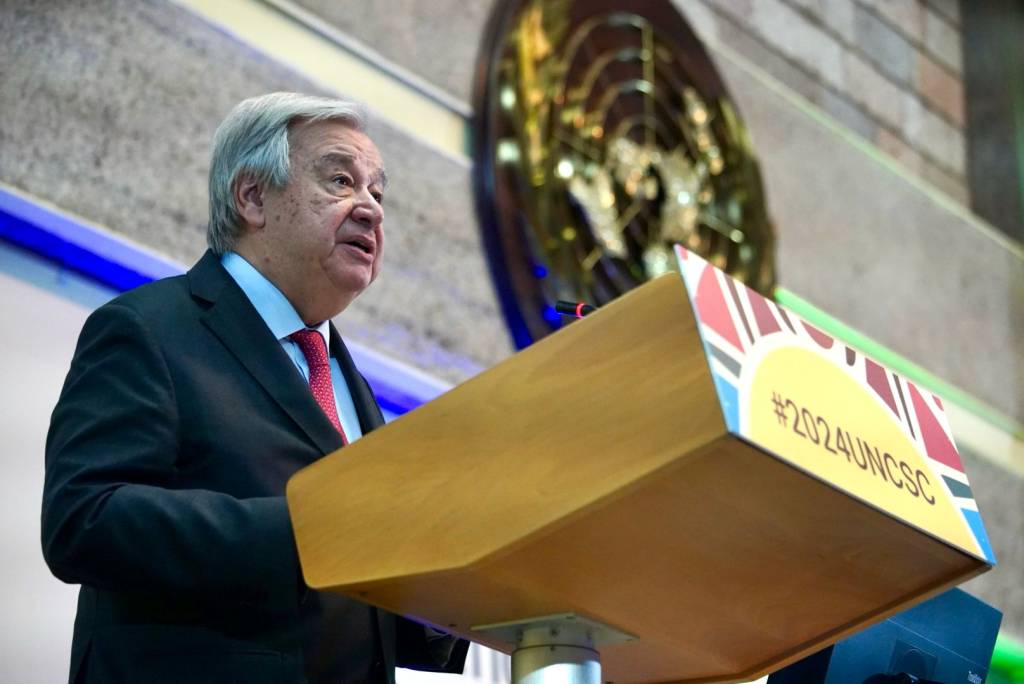
As the UN marks its 80th anniversary, the world stands at a critical crossroads. For eight decades, the UN has anchored global cooperation on conflicts, climate, health, and human rights. But amid growing geopolitical fractures, protracted wars, rising inequality, and environmental crises, this milestone is not just for celebration—it is a call for bold renewal.
To stay relevant in the 21st century, the UN must become more agile, inclusive, and responsive. UN@80 is not just a milestone to honor the past but a call to reinvigorate multilateralism, accelerate sustainable development, and recommit to peace and security. Failure to act risks eroding the very institution meant to safeguard global stability. A stronger, more resilient UN is not a luxury—it is a necessity.
In May 2025, the UN Secretary-General outlined a bold vision for transformation, recognizing that a system built for a different era can no longer keep pace with today’s geopolitical realities. His proposals to merge overlapping functions and cut staffing by 20% are less about downsizing than about streamlining operations, boosting coherence, and enhancing impact.
These reforms could fundamentally reshape how the UN allocates resources, operates in conflict zones, and supports fragile states. Proposals to streamline counter-terrorism efforts and reassess regional offices highlight the urgency of building institutions that are transparent, adaptive, and fit for purpose. UN@80 is not just an anniversary—it is a historic opportunity for renewal.
The world must seize this moment, not simply to preserve the UN, but to reimagine it as the indispensable engine of collective action in an increasingly fractured world.
Reform Pillars: Priorities & Necessity
Reforming the United Nations is essential to building a more effective and responsive global institution. Foremost is Security Council reform—expanding membership, revising veto powers, and modernizing decision-making to reflect today’s geopolitical realities.
Equally critical is streamlining the Secretariat to cut inefficiencies, strengthen coordination, and foster collaboration across UN agencies, enabling faster and more effective responses to climate change, health crises, and humanitarian emergencies. On peace and security, updating mandates, ensuring reliable funding, and sharpening conflict-prevention strategies will reinforce the UN’s role in peacekeeping and resolution.
Finally, advancing inclusive governance and equitable representation will bolster the UN’s legitimacy and credibility as the world’s leading multilateral body.
Rethinking Global Governance
In today’s fragmented world, rethinking global governance is no longer optional—it is essential to ensure institutions remain effective, legitimate, and adaptable. The widening gap between global challenges and institutional capacity calls for fresh thinking and innovative models.
One promising approach is Networked Multilateralism, where a decentralized web of specialized agencies, regional organizations, and partnerships collaborate, reducing reliance on over-centralized structures. Similarly, Adaptive Governance Forums—agile coalitions of nations convened to respond rapidly to urgent crises—offer speed and flexibility that traditional bodies often lack.
Other models include Multi-tiered Systems, which combine global norms and conflict-resolution with regional, locally grounded mechanisms; Multistakeholder Inclusion, where governments, civil society, and private actors jointly shape decisions; and Hybrid Structures, blending formal intergovernmental institutions with non-governmental partnerships for more collaborative governance.
The hallmarks of success in today’s divided world will be inclusiveness, adaptability, legitimacy, and efficiency. Yet, balancing national sovereignty with collective action remains a delicate but crucial task. Some advocate for alternatives like “coalitions of the willing,” which prioritize speed and targeted responses. While agile, such approaches risk undermining inclusiveness and accountability.
Ultimately, the debate is not efficiency alone but whether global challenges are best addressed through centralized institutions, flexible alliances, or a fusion of both.
Africa’s Voice in UN Reform
For eight decades, Africa has been the most underrepresented—yet most affected—region in the UN Security Council (UNSC). Despite making up 28% of UN member states (54 of 193) and serving as the largest voting bloc in the General Assembly, Africa holds no permanent Council seat. This exclusion persists even though 70% of the Council’s agenda concerns Africa and more than half of all UN peacekeepers are deployed on the continent.
Africa remains the testing ground for UN peacekeeping and humanitarian interventions, yet it is consistently excluded from the decision-making table. The Ezulwini Consensus (2005) demanded at least two permanent seats with veto powers and five non-permanent seats, but nearly two decades later, this call remains unanswered—undermining the Council’s legitimacy.
As Asia and Latin America gain recognition, sidelining Africa risks making the UN increasingly outdated. At 80, the UN cannot cling to the geopolitics of 1945, when most African nations were still colonies. A renewed UN must correct this historical injustice: granting Africa permanent representation and amplifying its voice in shaping peace, security, climate action, and sustainable development. Without Africa’s full inclusion, the UN’s credibility as a universal institution will remain deeply compromised.
Looking Ahead: A Vision for the Future
As the world stands at a pivotal crossroads, the future of global governance will be defined by our willingness to embrace change, rethink entrenched systems, and build institutions that reflect today’s realities. Born from the ashes of global conflict, the United Nations must now evolve to meet the demands of a fragmented, fast-moving world.
This evolution requires more than structural reform—it demands a shift in mindset. Without it, the growing rise of “coalitions of the willing” may increasingly shape world affairs. These flexible alliances, driven by shared interests, offer speed and pragmatism in responding to urgent issues such as security threats, climate change, or economic instability. Yet, operating outside traditional multilateral frameworks, they risk undermining legitimacy, inclusiveness, and accountability—reinforcing power imbalances and fragmenting global governance.
The central question is whether such coalitions can balance agility with fairness. Thoughtfully managed, they could complement the UN by delivering adaptive, issue-specific solutions. Left unchecked, they risk deepening unilateralism and instability.
The way forward lies in forging a new paradigm of shared responsibility and adaptive cooperation, where innovation in governance is firmly anchored in legitimacy, equity, and accountability. Only by reconciling flexibility with fairness can the international community avoid fragmentation and build a system fit for the 21st century.
Conclusion
The UN’s 80th anniversary is not merely a commemoration of the past; it is a call to action for the future. Reforming the UN is not a technical exercise—it is a moral imperative. The crises of our time—climate collapse, violent conflicts, pandemics, and rising authoritarianism—demand a global institution that is bold, responsive, and deeply human in its approach.
This must be the moment we choose transformation over complacency. The UN’s future is not written in stone; it will be defined by the courage of those who dare to believe in a better world and work to build it.
As Prime Minister Mia Mottley reminds us: “The world is watching. History is listening. And the future is waiting.” The responsibility is immense, but so is the opportunity.
Michelle Ndiaye is Director for Transformative Peace in Africa at the Open Society Foundations and former Special Representative of the African Union in the DRC while Désiré Assogbavi is Advocacy Advisor at the Open Society Foundations. The views expressed in this Op-Ed article are those of the author(s) and do not necessarily reflect African Newspage’s editorial policy.

